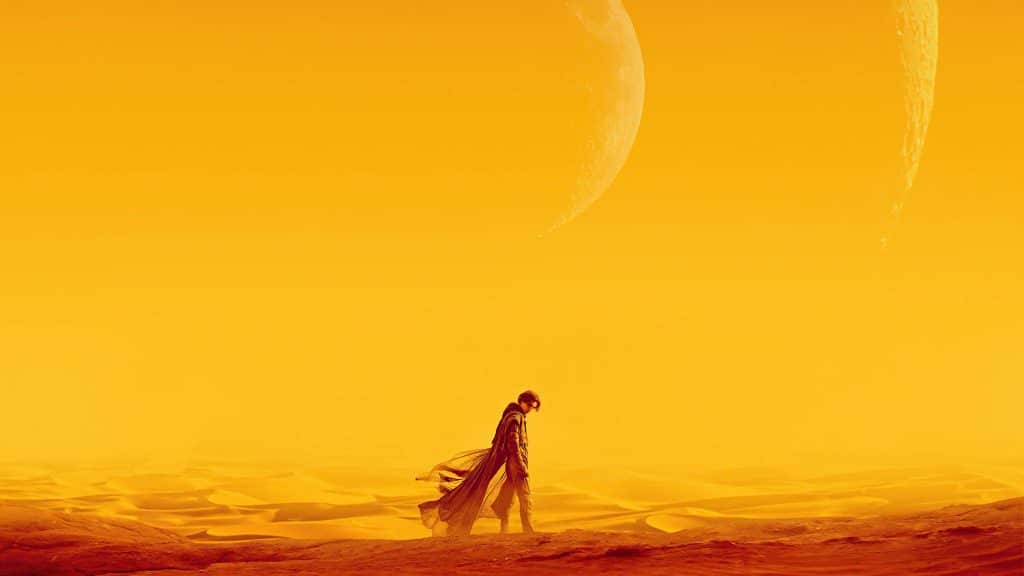Frank Herbert’s “Dune” is a revered cornerstone of science fiction literature, renowned for its complex world-building and philosophical depth. However, the novel’s journey to acclaim has not been without its share of controversy. When “Dune: Prophecy” was announced, (Is Dune Prophecy Canon) it rekindled discussions around the contentious aspects of its source material.
The Origins of Controversy
“Dune” was first published in 1965 and quickly captivated readers with its intricate narrative set on the desert planet of Arrakis. Despite its success, some readers and critics have raised concerns about its portrayal of gender, race, and ecology. The novel’s depiction of the Fremen, inspired by Middle Eastern cultures, has been scrutinized for cultural appropriation. Additionally, Herbert’s exploration of power dynamics, religion, and environmentalism sparked debates on its philosophical implications.
Is Dune Prophecy Canon: Dune: Prophecy and Its Inspiration
“Dune: Prophecy” takes its cues from the original novel, aiming to delve deeper into the themes that made the book both celebrated and contentious. The adaptation draws attention to the prophetic visions of Paul Atreides, a central figure in the “Dune” series. These visions, which intertwine with the themes of destiny and leadership, have been a focal point of discussion among fans and scholars alike.
A Fresh Perspective
The creators of “Dune: Prophecy” aim to offer a fresh perspective on the narrative while acknowledging the controversies that have surrounded the original text. By re-examining the characters and their motivations, the adaptation seeks to present a nuanced understanding of Herbert’s work. This approach not only pays homage to the original novel but also invites audiences to reconsider the themes that have sparked debate over the decades.
Is Dune Prophecy Canon: The Impact of “Dune” on Modern Media
“Dune’s” influence extends beyond literature, inspiring countless adaptations in film, television, and gaming. Each iteration has faced its own set of challenges in translating the novel’s complex themes to a visual medium. The recent cinematic adaptation directed by Denis Villeneuve has reignited interest in the “Dune” universe, bringing both its wonders and controversies to a new generation of viewers.
Embracing the Discussion
As “Dune: Prophecy” continues to engage audiences, it serves as a reminder of the power of literature to provoke thought and dialogue. By embracing the controversies surrounding “Dune,” the adaptation encourages fans and newcomers alike to explore the intricate tapestry of ideas woven by Frank Herbert. Whether viewed as a visionary masterpiece or a work rife with problematic elements, “Dune” remains a significant cultural touchstone that continues to inspire and challenge its audience.
In conclusion, “Dune: Prophecy” is not just a retelling of Herbert’s work but a testament to the enduring conversation it has sparked. As we delve into its narrative, we are invited to confront the complexities and controversies that make “Dune” a timeless piece of literature.
